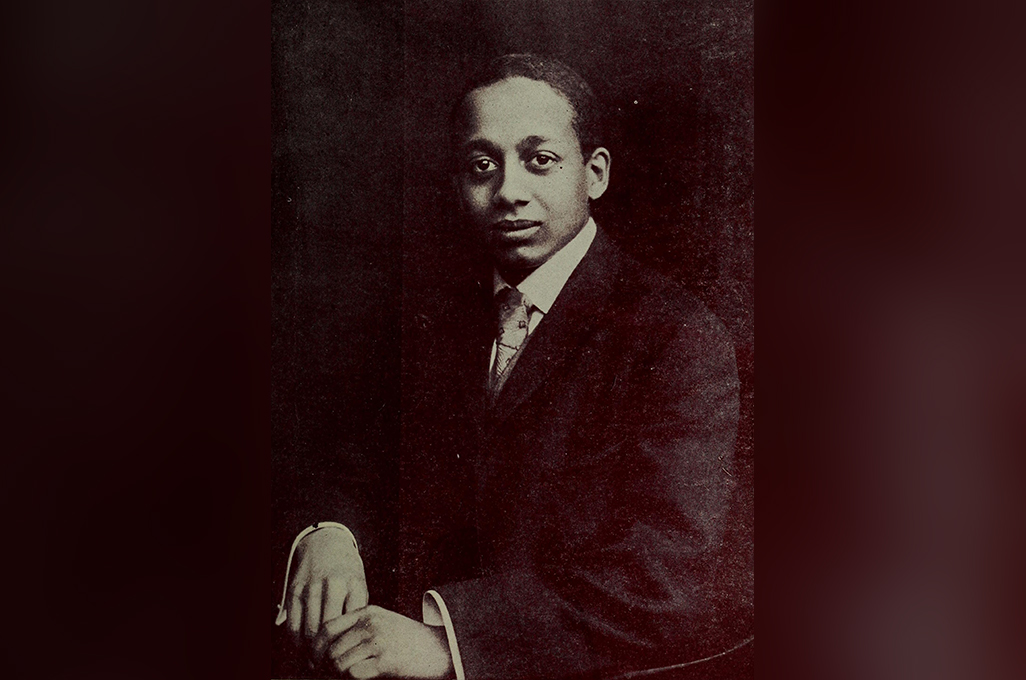How Alain Leroy Locke Led a Movement

During Black History Month, Green Dot Public Schools is celebrating the accomplishments of four African-American groundbreakers. Each of these pioneers have demonstrated a passion for excellence, upheld professional responsibilities, and supported educational opportunities for the next generation of students.
Alain Leroy Locke is often considered the father of the Harlem Renaissance, a bountiful period of black artistic expression in the United States. A writer, philosopher, and educator, Locke paved the way for African-American artists and scholars.
Education played a key role in Locke’s life. He earned two Bachelor of Arts degrees, the first from the Philadelphia school of Pedagogy and the second from Harvard University-- where he graduated magna cum laude. He was the first African-American student to win the Rhodes Scholarship, one of the oldest and most prestigious scholarships in the world. Through this scholarship he studied at Hertford College, a constituent college of the University of Oxford in England. He would eventually earn a doctorate in philosophy from Harvard.
In 1925, Locke published “The New Negro: An Interpretation” an anthology of fiction, poetry, and essays on African and African-American art and literature. The anthology featured the work of poets and writers including Langston Huges, Rudolph Fisher and Jean Toomer. Locke created a forum for African-American artists to share their experiences with the broader world and as a result introduced American readers to the Harlem Renaissance.
Locke’s commitment to education and crucial role in the development of the Harlem Renaissance was one of the reasons he became the namesake of Alain Leroy Locke Senior High School in 1967. 40 years after its idealistic founding, however, Locke High School was considered one of the most chronically low-performing schools in the country. In 2008, the Los Angeles Unified School District partnered with Green Dot to lead Locke High School, now Alain Leroy Locke College Preparatory Academy. The school remains guided by its namesake’s legacy. Today, Locke offers a comprehensive curriculum that supports students academic, social, and emotional growth. Students have access to innovative science and technology programs, along with opportunities that aid the development of knowledge and skills necessary for postsecondary success.
